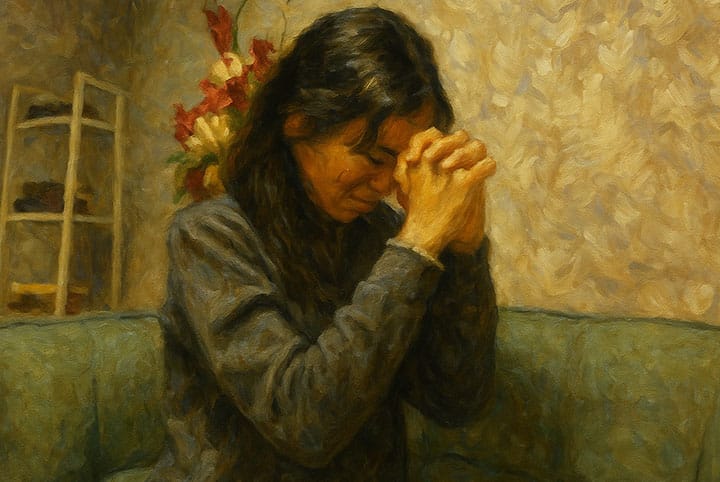We are surrounded by a consumptive culture that constantly instills the message that we need "more": more possessions, more recognition, more instant gratification. However, the reality is that often after getting all that, our hearts still feel empty. This phenomenon of ‘hunger that is never satiated’ is not new. Psalm 78 reveals that thousands of years ago, the people of Israel also struggled with the same thing. They were not satisfied with manna, the miraculous bread from heaven, and demanded meat.
Psalm 78:23 & 37 records this event with sharp irony. After recording God's wrath (verse 21 & 22), we expect harsh punishment to befall Israel soon. But what happened was surprising: God sends down meat in abundance through quails like dust. God gave them what they asked for, but the answer turned out to be a rebuke. They ate heartily, but while the meat was still in their mouths, God's wrath came (verse 30 & 31). This incident reminds us of Numbers 11:33, when excessive desire brought a plague. This is the paradox of faith, what we want is not always what we need.
Asaph highlighted how fragile Israel's faith was. Despite having experienced God's great works, they still did not believe. Even when punished, they sought God only out of fear, not out of awareness and obedience. They praised with their mouths, but their hearts remained distant. Their faith was like iron that flexes when burned, but immediately hardens again when the fire is extinguished.
Friends of the Bible, today's psalm reminds us that greed never leads to true satisfaction. In fact, God may allow us to have what we want, not as a blessing, but as a mirror to show us how empty the desires born of lust are. Therefore, in the midst of a world that continues to encourage us to pursue everything in excess, we are invited to re-learn what it means to be content in God. True contentment is not determined by how many desires are fulfilled, but by a heart that is able to be grateful and believe that what God provides is always sufficient. The question we need to ponder, then, is whether our lives are being directed towards the fulfillment of temporal desires, or are we learning to find true peace in God's providence?"

























